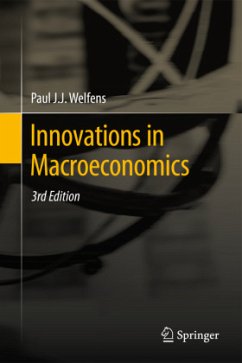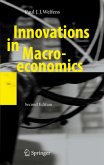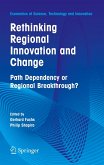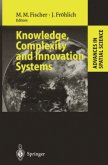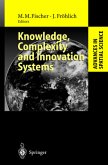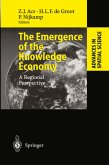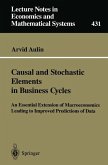Modern macroeconomics suffers from an unclear link between short-term Keynesian analysis and long-term growth modelling. Moreover, product and process innovations have been only partially integrated. The analysis suggests new approaches to innovations in open economies in many ways, including the Schumpeterian Mundell-Fleming model and new monetary growth models. A specific focus is on the role of innovations for output, employment and exchange rate developments. This book presents a new link between monetary analysis and growth modelling in open economies. Structural change, innovations and growth are considered from a new perspective. With respect to economic policy - in particular innovation policy - the analysis implies major changes, concerning both EU countries and other leading OECD economies.
This important new book sets a new direction for macroeconomics. By linking several strands of fundamental economic thinking into a coherent, integrated framework it provides a pathbreaking understanding into the fundamental forces shaping macroeconomic performance. In particular, by injecting insights from the Schumpeterian model, the author succeeds in presenting a new policy framework to guide economic growth policy.
Prof. Dr. David Audretsch, Institute of Development Strategies, Indiana University, Bloomington, USA
This important new book sets a new direction for macroeconomics. By linking several strands of fundamental economic thinking into a coherent, integrated framework it provides a pathbreaking understanding into the fundamental forces shaping macroeconomic performance. In particular, by injecting insights from the Schumpeterian model, the author succeeds in presenting a new policy framework to guide economic growth policy.
Prof. Dr. David Audretsch, Institute of Development Strategies, Indiana University, Bloomington, USA

